
‘Aw isn’t he lovely? He is a he isn’t he? Are you thinking about the next one yet? It’s about time, isn’t it? Bet you’d like a girl. Your husband would like a girl wouldn’t he?’
Normal is a word that gets bandied about a lot when you become a parent. In fact, it starts the minute you get knocked up. Is your blood sugar normal? How far from normal is your fundal height? This dark line, these strange hairs, the constant anxiety – is it all normal? Then the baby arrives and normality develops into more of an obsession. Which centile is he? When will he crawl? When will he speak? How does that compare to normal? Everything from how many hours shut-eye you’re getting, to how often he needs Sudocreme smothered on his ass is rated on a scale vs. normal. But it’s not just the baby who is subject to these normative standards. It’s also you who have become normal, or in the eyes of people – both those you know and those you don’t – a stereotype at least.
Assumption number one: You have to be married to have a child
Currently I’m an unmarried divorcée with a toy boy baby daddy. Before I got pregnant, everyone was cool with calling my other half what he is: my boyfriend. Now I’ve procreated, there is an assumption that I must be married. Having a baby is like wearing the flashiest, ritziest engagement ring (we’re talking 5, 6 carats minimum) in terms of sending a message to the world that you’re hitched. Except that parenthood and marriage are not synonymous. While it’s hardly a catastrophe being referred to as Mrs Gaynor (and tbf he gets Mr Ormerod too), it does grate and sometimes it feels strange to be called someone’s wife. Because, you know, he hasn’t proposed. And I haven’t said yes. And there wasn’t a wedding. Equally, going through the rigmarole of explaining, ‘yes I’m still with Grey’s father, we’ve been together for five years and live together, but we are not married, or engaged or planning to be,’ is toe-curling and often followed by a, ‘but if he asked you’d say yes, wouldn’t you?,’ response, which if I’m honest, makes me want to eat my own ring finger. It’s not just me – my boyfriend has often been asked if I get on with his son’s mother – the supposition being that we would be married if he were our kid. I’ve come to realise that we think we live in a world which is far more liberal about familial makeup than it actually is. We preach love is love, but when it comes to heterosexual parenthood, we still think love must mean being man and wife.

Assumption number two: That one is never enough…
Next up: baby number two! You’d think the fact that pregnancy is a physical and biological firefight would give you a fair window of time before anyone presumes you’d like to do it again. But no. Now obviously some couples choose to have, or are else happily surprised, by a pregnancy mere months post birth. But for many others, not so much. Unfortunately, that doesn’t stop the conjecture, judgement and gender-biased comments coming your way though. Nearly a quarter of UK children live without siblings. It’s not a small minority and due to the increasing age of mothers and the crippling cost of raising children, it’s a minority on the rise. But when I’ve mooted the idea of keeping ours as a family of three (anyone who has actually met my adorable but fierce son, understands exactly why this would seem appealing), I’ve been hit with a barrage of – as far as I can research – unsubstantiated negative prejudice. ‘It’s cruel to have an only child,’ or ‘you have to give him a friend,’ and even one child ‘isn’t a real family,’ are just some of the opinions that have been cast my way. These phrases come out, pre-formed, even from sharp minds in my circle, because culturally we’ve been deeply conditioned to see only children as ‘other’, aberrations of the natural order and we make presumptions of mothers (and fathers) based on these apparently universal truths. Today you will still regularly hear only children characterised as only lonely, spoiled and strange, despite research paper after research paper proving that they are none of the above. Being a singleton can often mean a better education, more parental attention and a more manageable home life for both the child and parents. Is it any wonder the birth rate in this country has plummeted to 1.6 – far below the rate of replacement at 2.1? While there are obviously issues with lone children – like the burden of caring for two elderly parents, for example – much of what is regurgitated is unsubstantiated.

Assumption number three: That everyone wants and can have another child
One-shaming is implicit in the, ‘when are you thinking of number two?’ question, which is so loaded, as well as intrusive. It presumes you can afford another, it presumes you can cope psychologically and physically with another. At a time that can be fraught with emotional challenges, the pressure it puts on couples to ‘get on with it,’ is outrageous. And worse is the pain it can unintentionally cause those who are trying but failing to get pregnant.
I’ve been ill this year and my periods have stopped, so whenever anyone asks me about baby number two I just hit them with TMI and watch the light fade from their eyes. Just because I had one baby doesn’t mean I want or can have another, so stop presuming the announcement is coming, because you may be holding your breath forever. Obviously, there are many positives to bigger families too, but it just isn’t black and white in the way that so many people seem to believe. There is no such thing as an ideal family size –all formations have their pros and cons –so it’s high time we started to shift attitudes in line with reality.
Assumption number four: That gender matters
To round off the top-down narratives, the final assumption that gets my blood pumping, is the idea that because I have a boy I’d like a little girl. Aside from not being convinced we should run the gauntlet again, I can hand on heart say that if we did, I wouldn’t care about the gender. I tell you what I would like though. A calm baby. Before I fell pregnant, I wanted a girl because I wanted a child with ‘feminine’ behaviours – one that would sit and play and not cry furiously or run around creating a ballyhoo all the livelong day. Now I know actual children, what I’ve learnt is that the gender-based conduct we attribute to kids of either sex is often misplaced. I have met some wildly, wild girls and some seriously, sedate boys. Female sexual organs do not guarantee a child will quietly colour between the lines. In the same manner, boys won’t always be tearaways (from my extensive soft play experience it’s actually often the lads clinging for dear life to their caregiver’s neck). Even if I could choose, I wouldn’t bother, because while there may be certain gender tendencies, the hope is that our children’s world has spun far enough for them to have the chance to be ‘boyish’ girls and ‘girly’ boys in whichever way they see fit.

The presumptions we make about what makes a family hugely impact the way we feel about the relative success or failure of our parenthood experience. While we all know there is no normal in the abstract, the constant reiterations of normative expectations cannot help but make us question our choices and by deviating from the standards that everyone else seems so keen for you to uphold, you can feel like you’re constantly swimming upstream. Sometimes it can seem easier to just tick all the boxes. But taking a step back and deciding if you do indeed want all these things you’re supposed to, is one of the most empowering and liberating things any parent, or indeed human, can do. Even more importantly, these innocuous preconceived notions can really affect the way children feel about their families. Having grown up without my dad around at a time when divorce was definitely not the norm, I know well the feeling of being ‘other’ in comparison to the rest of my class. The way we speak to each other about how we create our families – many or one, whether parents are married or not, whether it’s one or two parents or caregivers, whether we want boys or girls – all have an impact on how comfortable they feel in their own skin. It’s our job to make all families normal and we can only do that by ditching the normative presumptions once and for all.


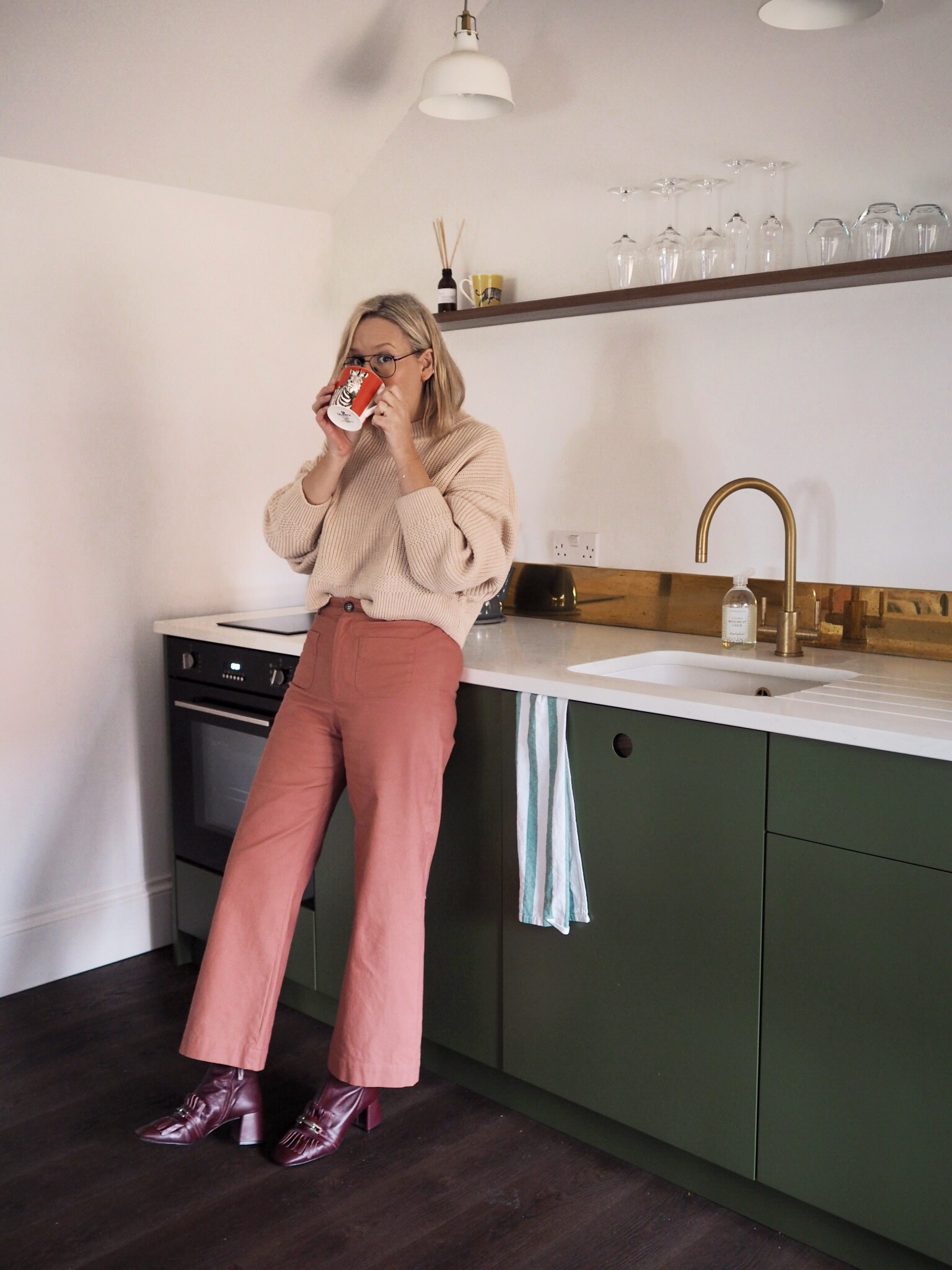
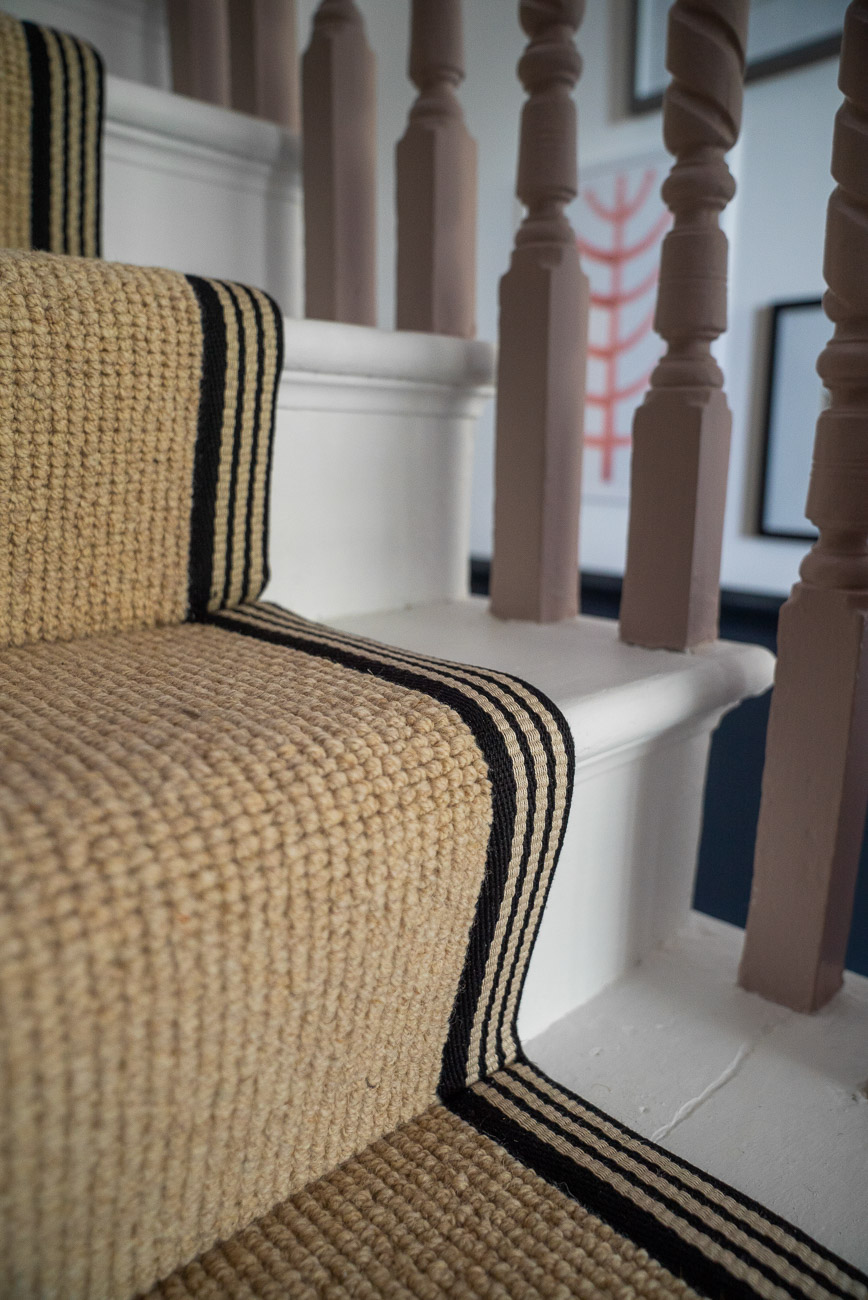
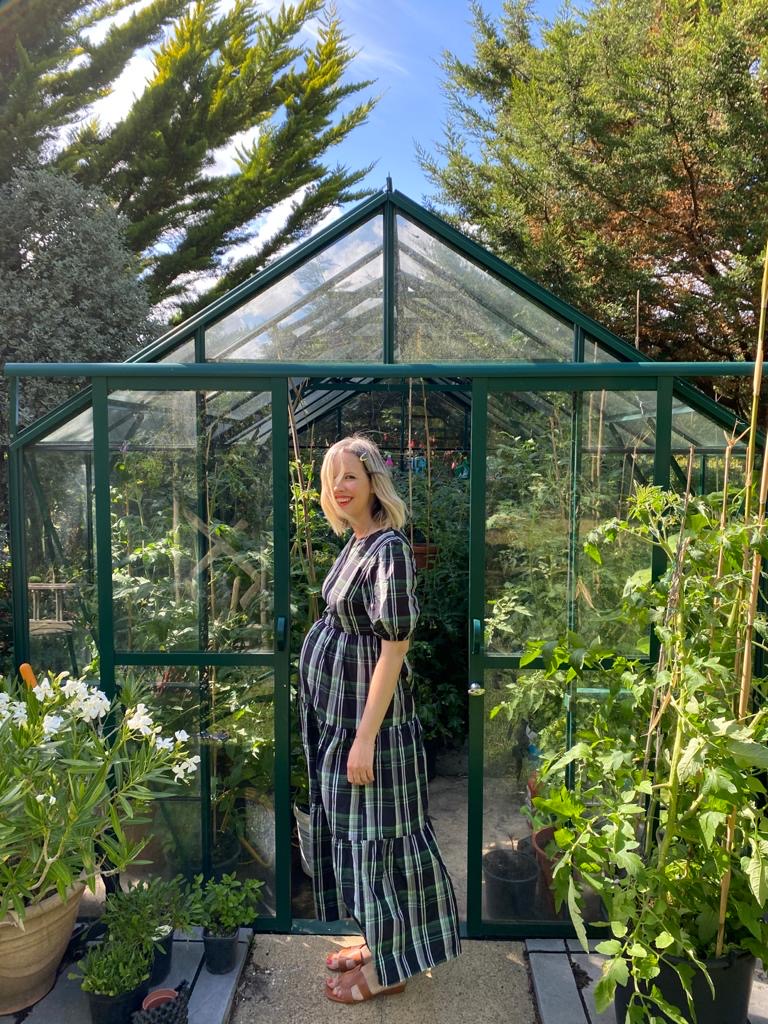






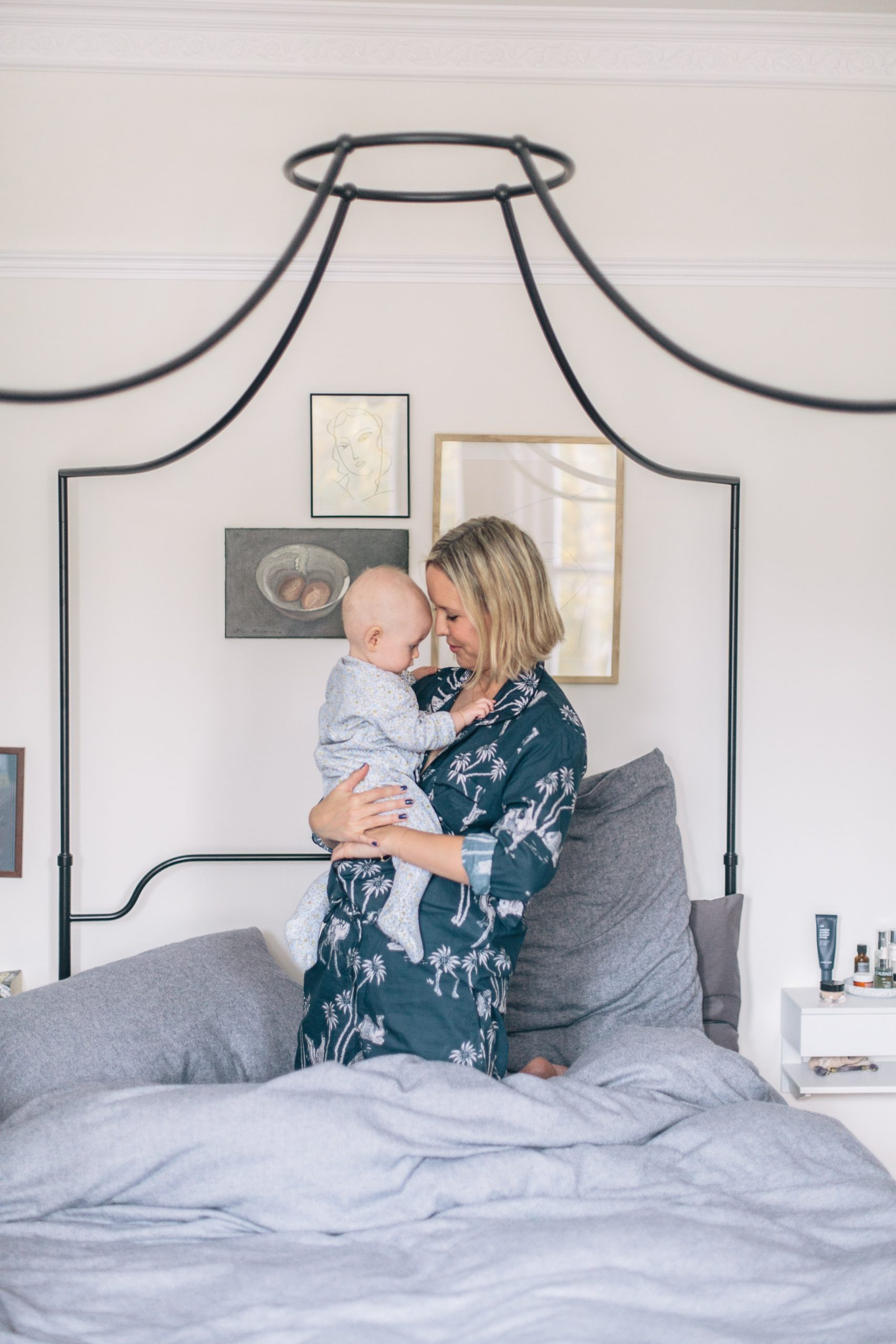
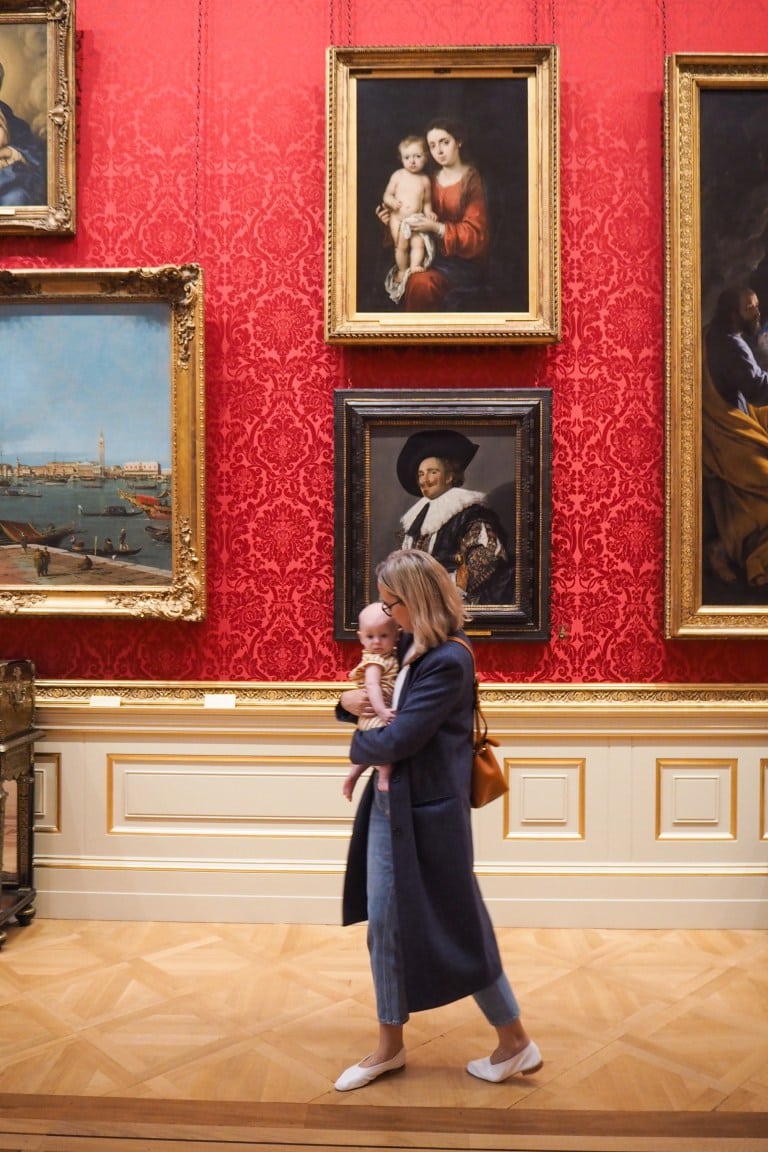
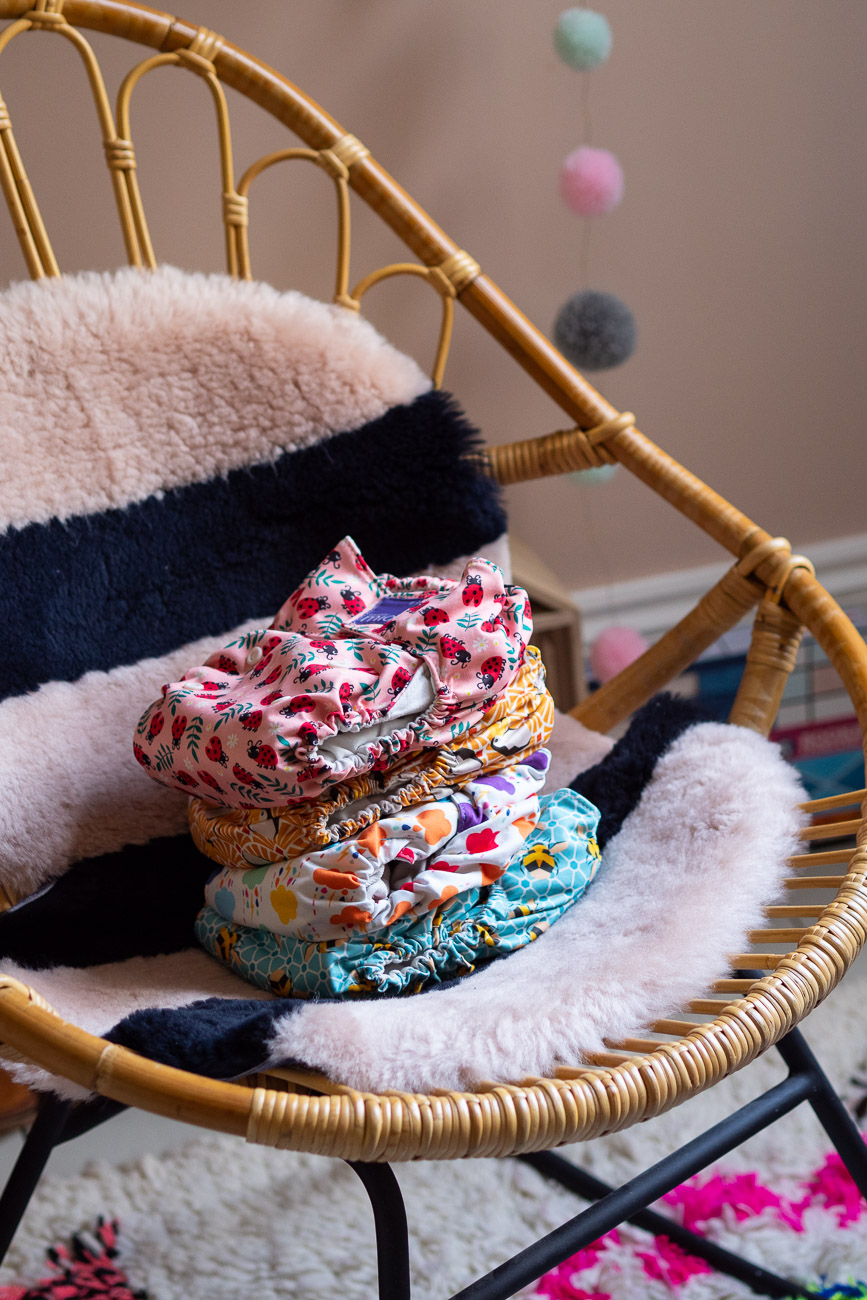
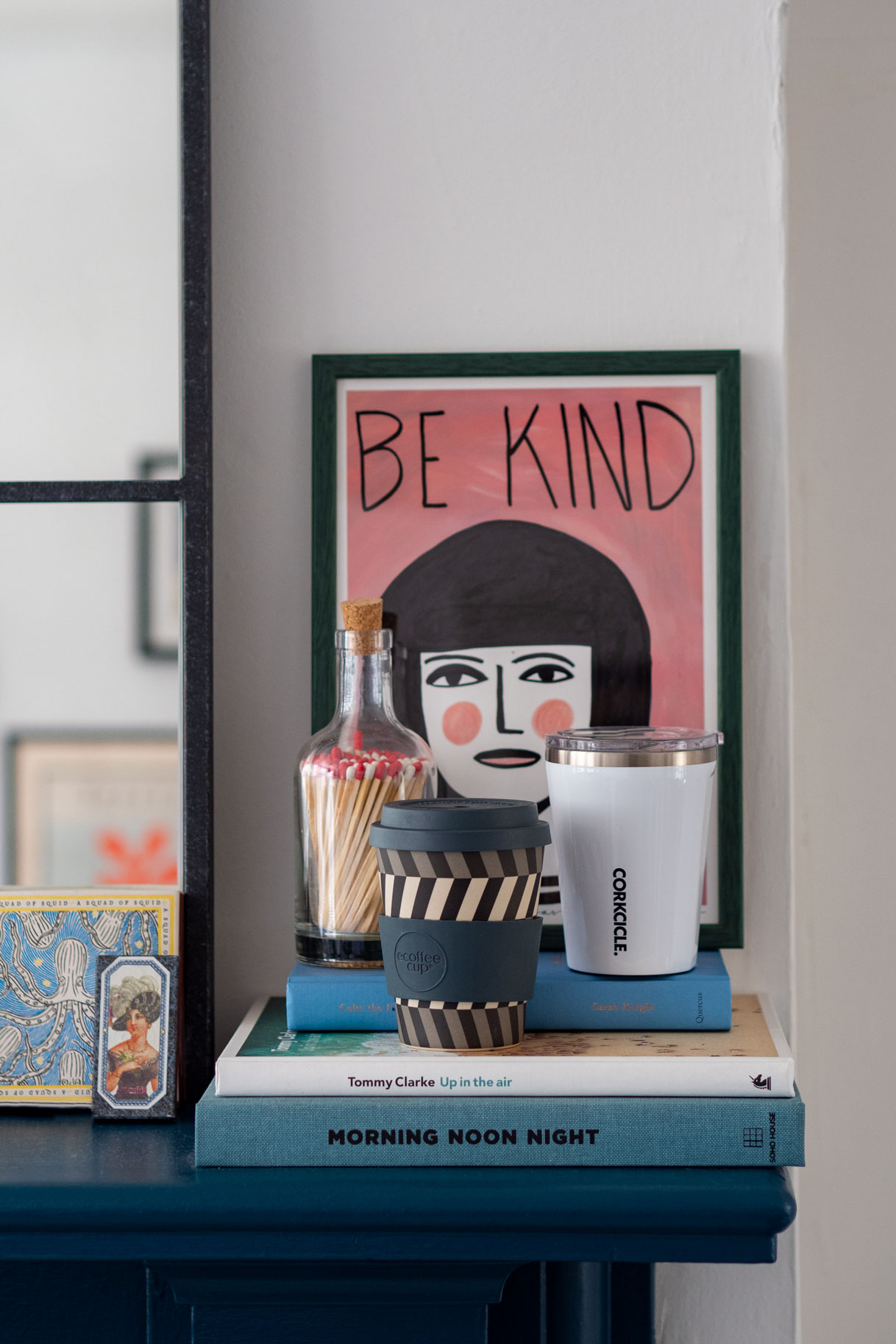
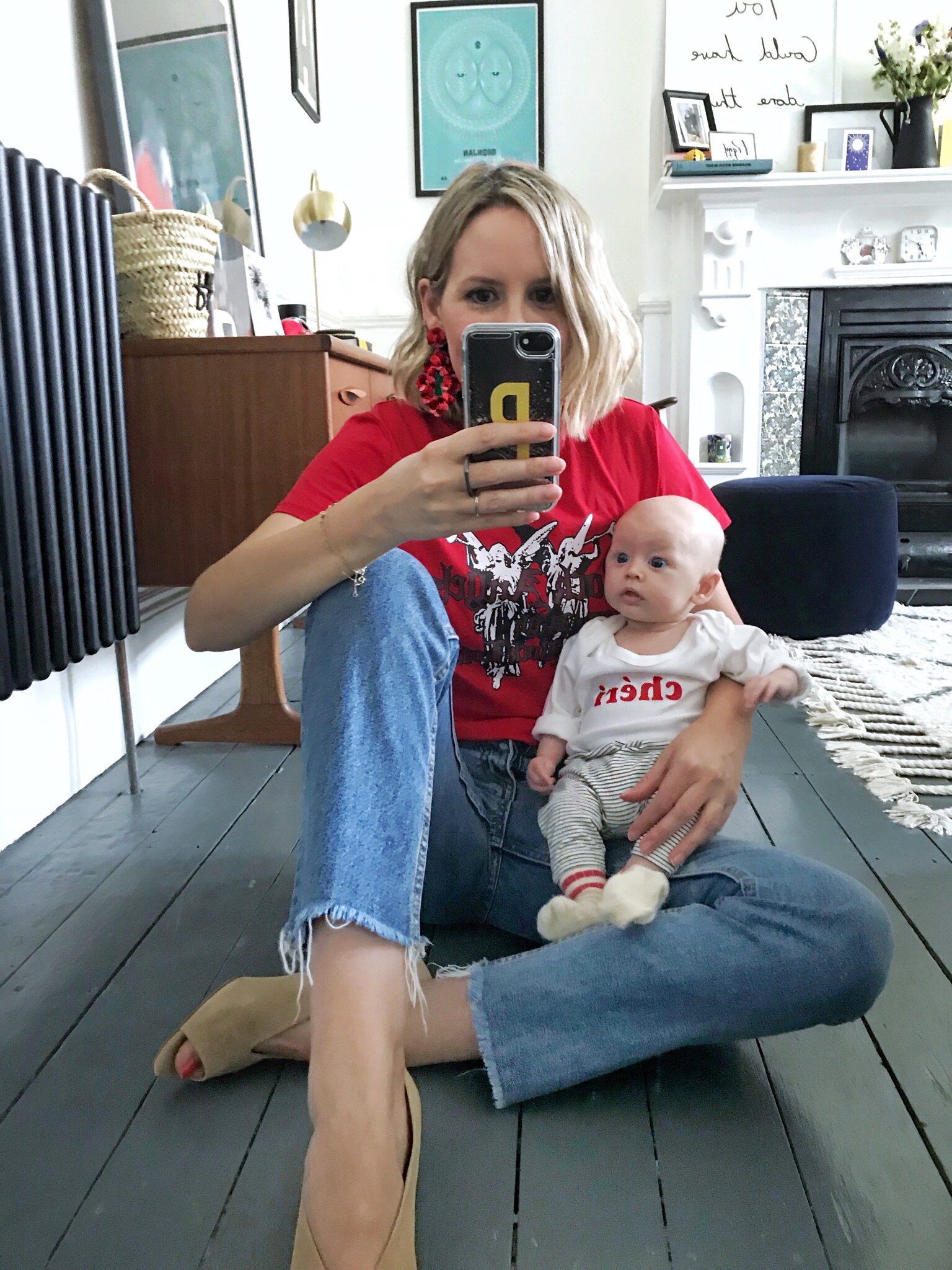
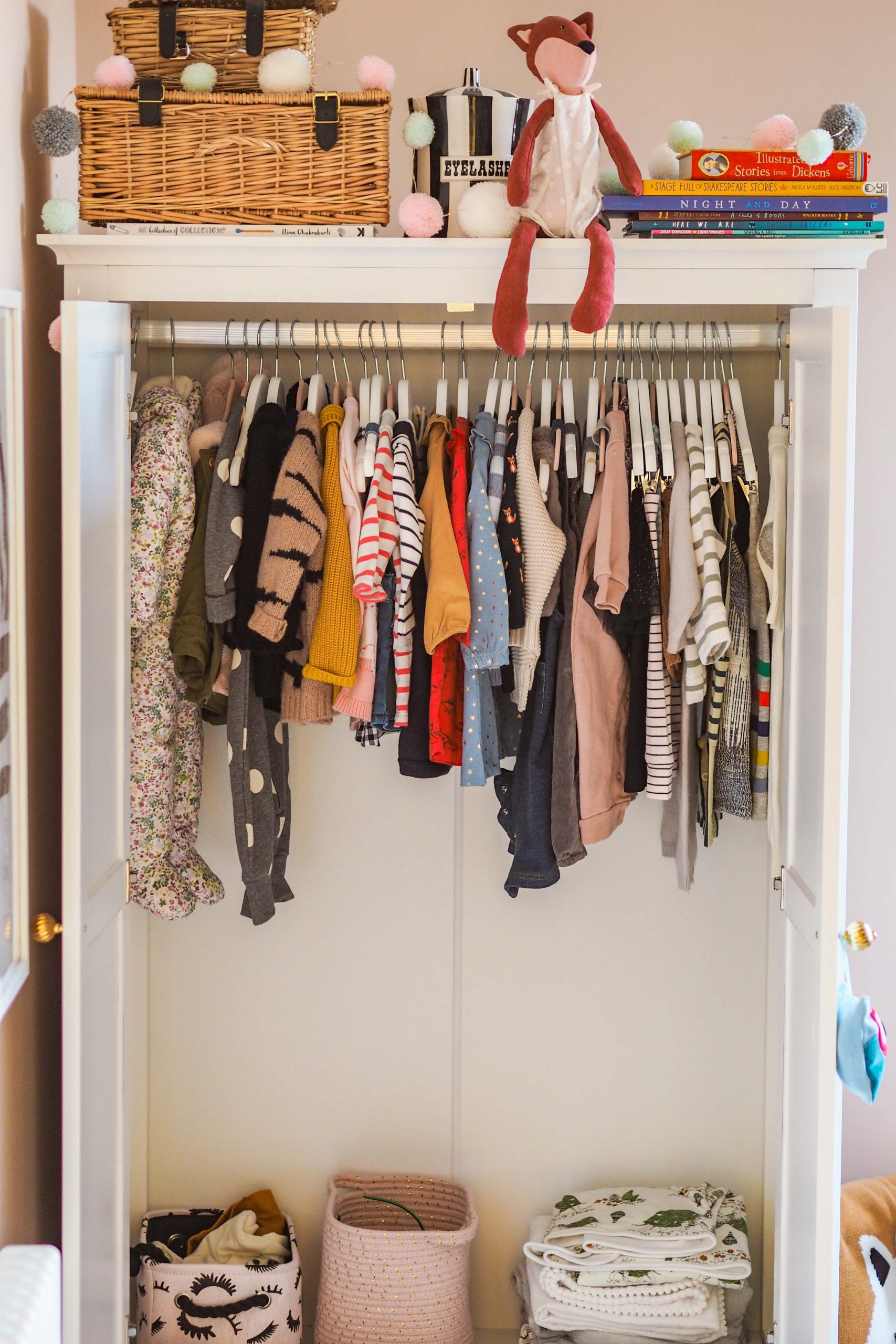

Stereotype!!! I am french, single mom of 2. And i choose it. For many… it’s not normal… i am “bizarre” … thus i don’t care because i am “Me”. I don’t like to follow the crowd: found a job, a man, get married, make children… . I AM “ME “
Yes completely agree…and those who choose not to have children have had negative reactions, too – our society still thinks of a family as two heterosexual parents with two children. It’s definitely soemthing we need to work on xx
I identify so strongly with the ‘gender’ issue. I’m currently pregnant with my second baby – and the number of (hurtful) comments made assuming I want a girl (I have a little boy already) is astounding. I feel so guilty that people might be disappointed or feel sorry for me if I have a boy. What a horrible way to welcome a baby to the world!
Yes, so unusual! And the fact that people always assume girls are calmer and ‘easier’ xx
THIS!!!!!! Men do not get asked any of these ridiculously rude questions. Plus MY GOD, no one asked for your opinion about my body / my life / my sperm donor (aka boyfriendhusbandwhatever) / my womb / my child / their body / anything !!
Thank you for this post <3
I am married, although I kept my maiden name, which confuses people even in a more liberal Denmark. We have chosen not to have kids, which is seen as being really abnormal and selfish (about the same level of selfish as having kids I’d say, by which I mean it’s a personal choice most of the time and should be respected either way). I still count our marital unit as my family, with extended family on both sides – so I really don’t get the “one child isnt a proper family” idea! I do believe that kids will be more rounded if they have a reasonable amount of interaction with other kids, but that doesn’t mean to say that those other kids have to be siblings.
There’s also those who think that parenting gets easier the more kids you have, and three kids is as easy as two, or four kids is as easy as three! Just think of the extra washing, cuddles, comforting, nappy changes, parental taxi driving – there’s always going to more “work” the more kids you have (if you’re lucky you’re just more confident in your parenting).
And then there’s the endless questions about when you’re going to have kids, or why you don’t have kids, sometimes from virtual strangers. I don’t advertise that we chose not to have kids, but if people ask I’m honest about it, but I don’t want to be unsympathetic to people who have difficulties with getting pregnant. At a christening a few years ago my husband was asked, by another guest who we’re not close to, if the “plumbing didn’t work” – his reply was something along the lines of “you can always put a knot in it” – while we felt that the question was very rude, it didn’t bother us too much and were relieved that it wasn’t another guest who was put on the spot, as he and his partner really wanted kids but couldn’t.
It’s like the way people think they have the right to put their hand on a pregnant woman’s stomach – even if they’re virtual strangers! And don’t get me started on rainbow families….!
Yes, so true! Men never get asked xxx
Oh yes to all of this! Emma Gannon has written a book coming out soon about a woman who chose not to have children, which I would love to read – we were never certain it was for us to be honest! x
This resonates so much. Almost as soon as my first was born I was being constantly asked if I was going to have a second – I was still physically recovering from my first and was sleep deprived – a second baby was the last thing on my mind! I would then have virtual strangers telling me that I should have a second as it wasn’t fair on my child to be an only child – by this point I had post natal depression and it really didn’t help my mental state to be told that I was being mean to my child by not providing them with a sibling straight away!
I also hate the constant assumption that the mother should be the one to step back from her career to parent. I happen to love my job and am also the main earner so went back to work full time at 7 months whilst my husband then took 2 months paternity. I get asked a lot about how I feel about going back to work full time whilst no-one ever asks my husband the same thing. People were amazed that we shared parental leave and kept congratulating my husband for doing so! There seems to be the implication still that only mothers can really parent, and the fathers are just there on the sidelines rather than equally involved.
I completely agree with all of this, we split the chaildcare very fairly in this household but Chris always gets comments mid week with Peggy from strangers saying ‘dad of the year’! xx
Bravo, KO – such a great read xx
Loved reading this. I live in a particularly non-liberal area. I had my first child at nineteen, and split from the father soon after. I had an eight year age gap before having my second child, with my husband. I am married, but have no interest in changing my name and wear my wedding ring when I feel like it. I’ve lost count of the number of comments I’ve received about all of it. People really cannot get their heads around it. I’ve had people say “…but you said you were married” when I’ve given my surname. Even had one woman ask if I was sure I was married! Yep, it was quite a memorable occasion. I had people asking whether my second child was an accident, given the large age gap. I don’t really understand it. It all feels completely normal and easy to understand to me. I don’t think about it at all! I really couldn’t care less about other people’s choices, but sometimes worry I have accidentally offended people when making small talk with other parents at groups and things. The conversation tends to revolve around children, as it’s what we have in common, so there are always the inevitable questions about whether you have other children etc. I struggle sometimes with knowing where the line between showing interest in a person and prying is. It’s even more difficult when you realise that people can have wildly different opinions on where that line is.
Oh I can relate to all of this! And yes I am sure I have said the odd insensitive thing to someone along the way, it’s a very personal thing and articles like this help us all stay a bit more aware of others’ feelings. I didn’t change my name into my married name either and weirdly, don’t get asked too much about it – but I often forget which name I used for reservations etc (my passport is in my married name – wish I hadn’t to be honest but thought it was easier!) and feel like I’m a fraud! And I’m not sure why – it’s totally okay to work under a different name! xx
I’d say we’re a pretty traditional family – married mum and dad, baby girl, though I fully support all the other forms a family can take. It’s unreal the personal things genuine strangers say and do once you become pregnant, have a baby. No, you may not touch my belly. No, you may not touch my child. It’s funny I used to think I’d want a boy and a girl and now that I have my daughter, I genuinely would not care about gender. Two girls? Amazing. A little brother for Rosie? Amazing. That is, if we decide we want to, and are able to, have another. But I had to LOL at your comment, I just want a calm baby. Our girl is nonstop. Every class we go to, playdate, it’s always wow she never stops moving, she’s so fast. I’m exhausted!!!! LOL